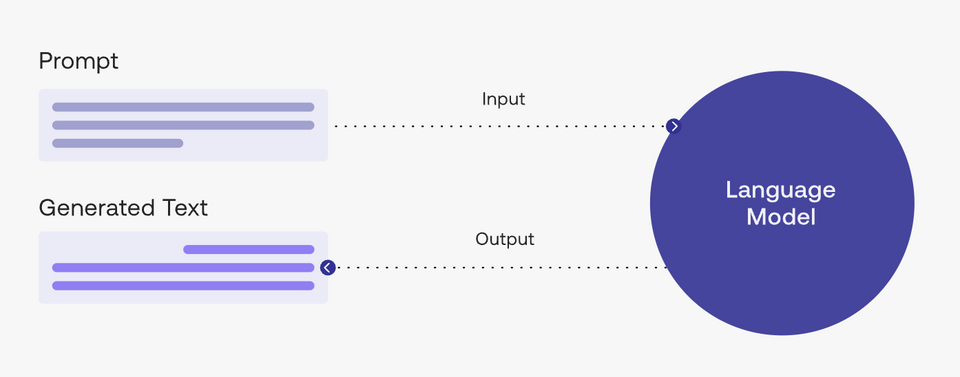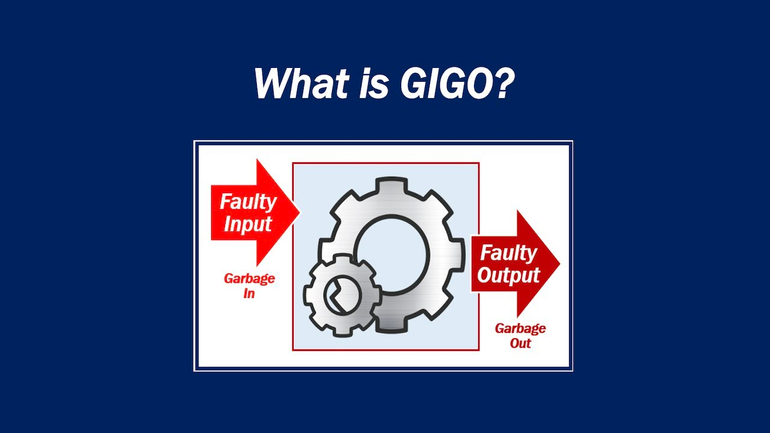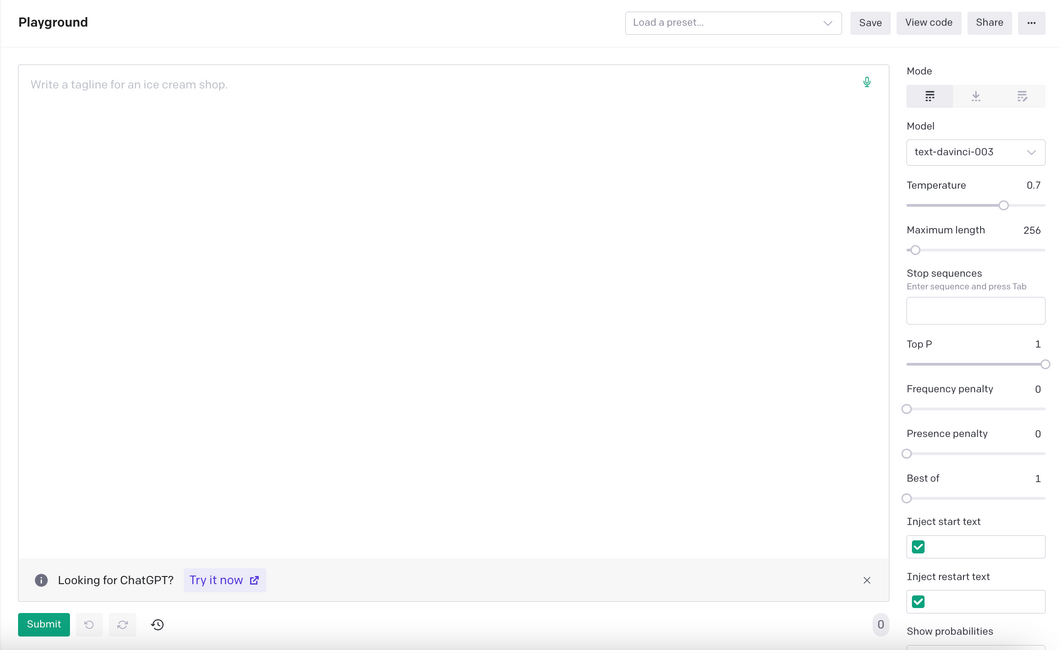Create unique related with ChatGPT
Search and store tool for Chat GPT Prompt
Create unique and engaging related with ChatGPT, a pre-trained language model by OpenAI for generating high-quality and accurate content.
Write a Blog Post Series to Educate Your Audience on Industry-Related Topics with ChatGPT

Act as a growth hacker and create a blog post series that educates the target audience on industry-related topics. {Blog post series}
Group Related Keywords Together

Group related keywords together [input 15 keywords]
Creating a List of Related Subtopics for a Topic
Create a list of related subtopics for [TOPIC]
Creating a Marketing Campaign Using Self-Determination Theory
Using Self-Determination Theory, create a marketing campaign that speaks to the [autonomy], [competence], and [relatedness] of [ideal customer persona]. Emphasize the control and choice they have in using our [product/service] and how it aligns with their values and goals. Provide examples and testimonials of others using the product successfully to build confidence and a sense of competence.
Exploring Unrelated Activities: Unlocking the Thrill of New Hobbies
I enjoy [list a few interests or hobbies]. What are some completely unrelated activities that I might find interesting?
Generate a List of Related Keywords for [Topic]
Generate a list of related keywords for [TOPIC]
What is “prompt engineering”?
A “prompt” is the input that guides a generative AI model to generate useful outputs. Generative AI tools like ChatGPT, GPT, DALL·E 2, Stable Diffusion, Midjourney, etc. all require prompting as their input.

In a natural language processing (NLP) context, “prompt engineering” is the process of discovering inputs that yield desirable or useful results. As is the story with any processes, better inputs yield better outputs; or commonly said another way “garbage in, garbage out.”


Become a prompt researcher instead of engineer
- If you’re already a subject matter expert in something, consider figuring out how to apply your personal skills to generating the best prompts in your field
- For example, if you’re an expert in SEO, what questions do you ask yourself when creating SEO strategies? How can you translate this knowledge into better prompts to generate the same level of output with AI?
Become a prompt researcher instead of engineer
- The term prompt engineer glosses over the idea that prompt formulation takes hypothesizing, research, result measurement, and repetition. Instead, approach prompting like a research project.
- Try as many different variations and formulations of your prompt as possible. One problem can have hundreds of solutions and one solution can have hundreds of approaches. The same can be said of prompting.
